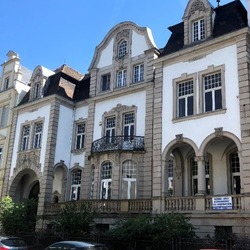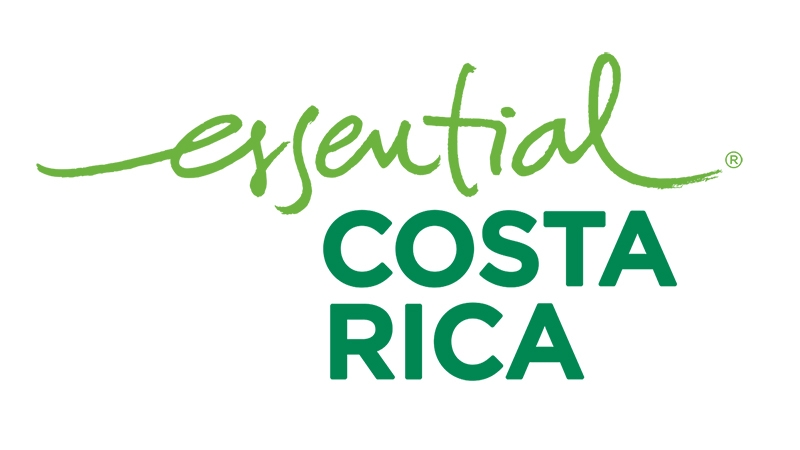Tourexpi
The rapid spread of AI in global tourism is increasing
the demand for reliable, standardised data. Chatbots, voice assistants,
AI-powered recommendation systems and automated content syndication are
becoming integral to how destinations and travel companies communicate with
guests. In response, the Open Data Tourism Alliance (ODTA) is expanding its
organisational structure to meet rising expectations from the industry and
travellers alike.
Expanding semantic standards for a digital tourism
ecosystem
Founded in 2023, the ODTA has developed 24
schema.org-based Domain Specifications that provide a shared semantic framework
for tourism-related data. These specifications enable the structured
description of key tourism content—from infrastructure, attractions and points
of interest to events, certifications, natural areas, hiking routes and sports
facilities.
When combined with new technological standards such as
RAG (Retrieval-Augmented Generation) and MCP (Model Context Protocol), these
semantic models allow for faster, more accurate data retrieval and more precise
matching of tourism offerings to specific audiences.
To strengthen its role across Europe, the ODTA is
intensifying communication among members and encouraging broader participation.
The goal is to raise awareness of the value of open, structured data models
among tourism organisations, increase the visibility of the alliance and
attract additional partners.
“Visibility begins with structured data”—GNTB CEO
Petra Hedorfer
Petra Hedorfer, CEO of the German National Tourist
Board (GNTB), emphasises the central role of structured data in the digital
travel landscape. She notes that visibility increasingly depends on search
engines, AI-driven discovery and third-party applications. Schema.org-based
open data ensures that tourism content can be found, interpreted correctly and
used securely across sectors and organisations at the European level.
She highlights the GNTB Knowledge Graph—developed with
regional tourism boards, the Magic Cities, the German Convention Bureau and the
RDA International Coach Tourism Federation—as an example of successful national
collaboration and a key building block for the European ODTA project. It
strengthens interoperability and represents a milestone in tourism’s digital
transformation.
Context: Why tourism needs cross-border data standards
Reliable, cross-border data standards are already
essential for the visibility of tourism offerings in search engines and
AI-powered platforms used by global travel companies. As innovations such as AI
voice assistants and LLM-based services spread, and as customer expectations
continue to rise, the demand for consistent data quality and system-wide
availability grows as well.
Within the ODTA, partners have adopted schema.org as
their shared standard language. Because schema.org’s global focus leaves gaps
in tourism-specific representation, the alliance is developing extended Domain
Specifications to create a coherent, semantic foundation for describing tourism
content across Europe.
Image
Credit: © AA
The most interesting news
 Read the News
Read the News

Travel technology at ITB Berlin 2026: AI and global innovation reshape the industry
With six fully booked Travel Tech halls, strong international participation and a new Travel Tech Track in the convention programme, ITB Berlin 2026 underscores its role as the world’s leading platform for travel technology and digital transformati
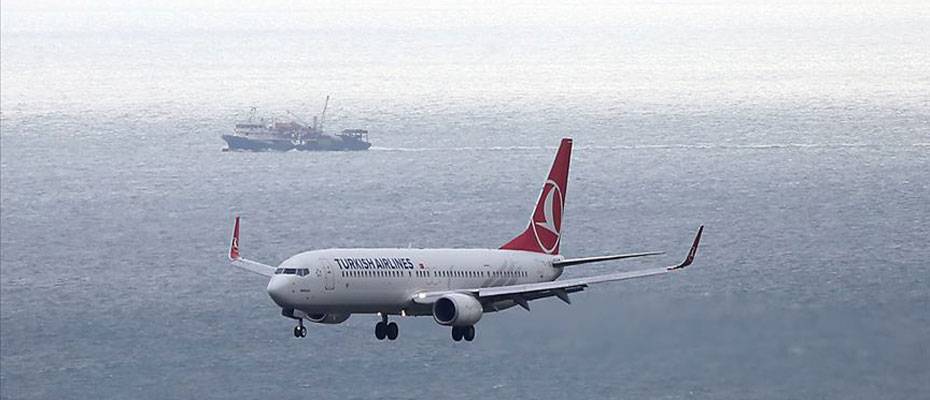 Read the News
Read the News

Türkiye’s airline fleets expand significantly over five years
Driven by rising passenger demand and major airport investments, Türkiye’s airlines have expanded their fleets sharply since 2021, with Turkish Airlines accounting for the largest share at the end of 2025
 Read the News
Read the News

Emirates extends Chauffeur-Drive service in Japan to Narita and Kansai
Premium ground service now available at three major Japanese airports from February and March 2026
 Read the News
Read the News

Moxy Hotels brings a playful twist to the New Year with Sweet Moxy Fest
Limited-edition candy cocktails and interactive lobby experiences roll out across 10 Moxy Hotels in China
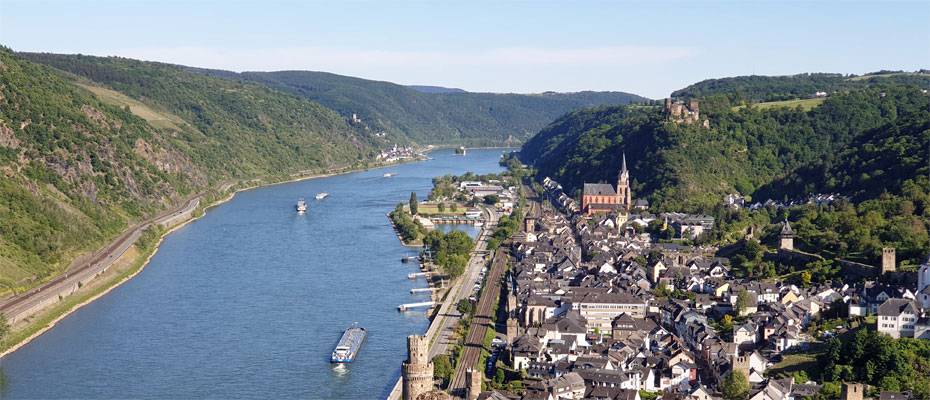 Read the News
Read the News

DRV welcomes National Tourism Strategy as a clear signal for the travel industry
German cabinet sets priorities on competitiveness, cutting red tape and sustainable development
 Read the News
Read the News

Celebrity River Cruises announces 10 additional ships and opens 2028 Europe season
With an order for ten new vessels and the opening of bookings for its 2028 European season, Celebrity River Cruises is significantly accelerating its expansion on Europe’s rivers
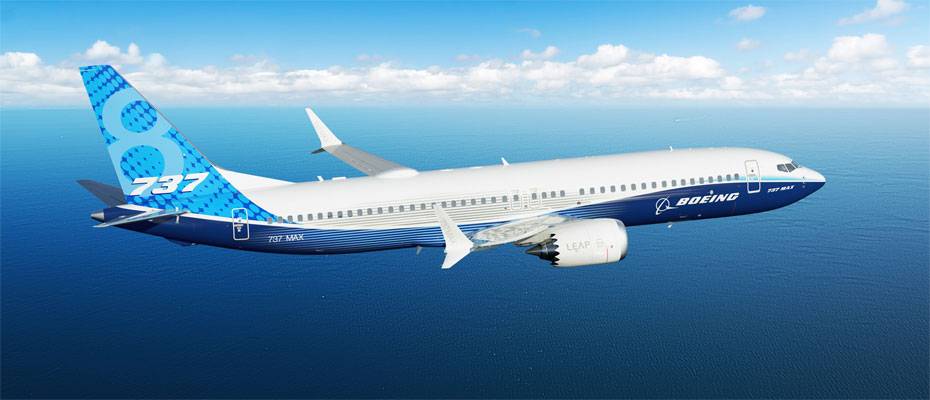 Read the News
Read the News

Air India expands single-aisle fleet with order for 30 Boeing 737 MAX jets
By ordering 30 additional Boeing 737 MAX aircraft, Air India is accelerating the modernisation of its fleet and reinforcing its growth strategy in India’s rapidly expanding domestic and regional aviation market
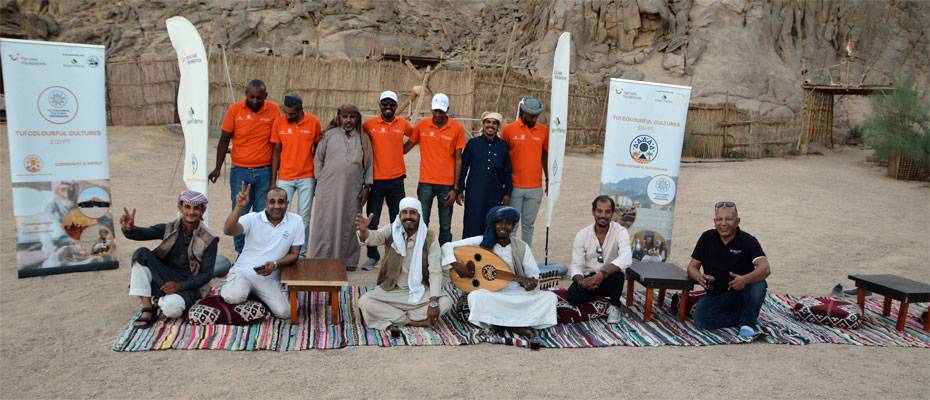 Read the News
Read the News

Hurghada: TUI Care Foundation supports Maaza Bedouin community through cultural tourism
With a new cultural tourism initiative in Hurghada, the TUI Care Foundation is strengthening the visibility, livelihoods and cultural heritage of Egypt’s Maaza Bedouin community while creating authentic experiences for visitors to the Red Sea desti
 Read the News
Read the News

TAT launches ‘Feel All The Feelings’ campaign with LISA as Amazing Thailand Ambassador
With a new TV commercial featuring Lalisa “LISA” Manobal, the Tourism Authority of Thailand (TAT) is strengthening its Trusted Thailand strategy and positioning the country as a high-quality destination through emotion-led storytelling
 Read the News
Read the News

China advises citizens to avoid travel to Japan
Beijing cites security concerns and earthquake risks as tensions with Tokyo remain high
 Read the News
Read the News

Four Seasons marks 65 years with focus on disciplined global growth
Anniversary year highlights expansion in key markets, residential strength and the debut of Four Seasons Yachts
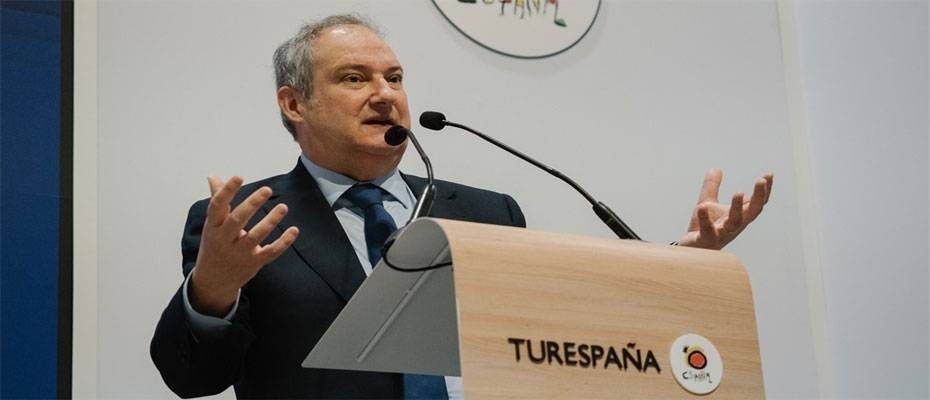 Read the News
Read the News

Spain presents Tourism 2030 Strategy at FITUR and strengthens global tourism governance
At FITUR 2026, the Ministry of Industry and Tourism outlines strategic priorities for the decade ahead, relaunches social dialogue in hospitality and confirms the opening date of the Parador de Ibiza
 Read the News
Read the News

Emirates and Air Peace activate bilateral interline agreement
Enhanced partnership expands seamless connectivity between Africa, the UAE and London
 Read the News
Read the News

Shiso City unveils new sustainable experiences rooted in forests, fermentation and heritage railways
Located near Kyoto and Osaka, the forest-rich city in Hyogo Prefecture positions itself as an emerging destination for nature-based and culturally grounded travel
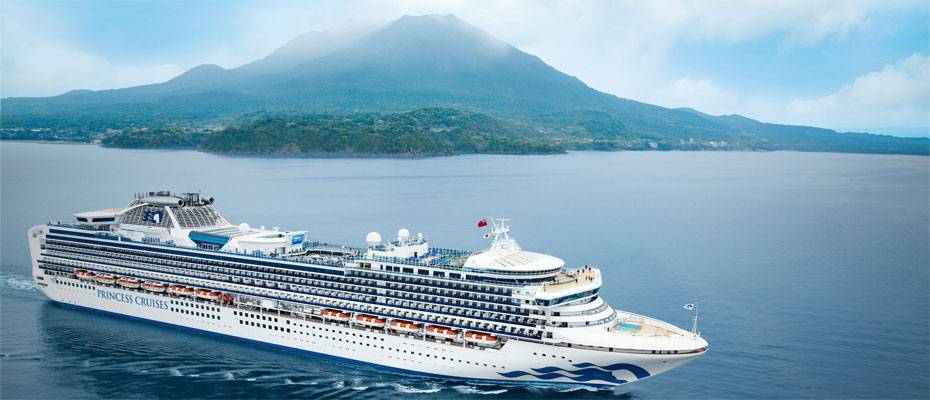 Read the News
Read the News

Diamond Princess expands culinary offering with two new specialty restaurants
Makoto Ocean and the Crown Grill debut for the 2026 Asia and Japan season, further enhancing Princess Cruises’ dining experience at sea
 Read the News
Read the News

Germany issues travel alert for the United States after Minneapolis shooting
Foreign Ministry urges vigilance following violent confrontations during protests in several U.S. cities
 Read the News
Read the News

Eurowings expands services and routes in early 2026
Fast onboard internet, a top employer award, flexible flight vouchers and a new summer route from Graz underline Eurowings’ focus on connectivity and quality
 Read the News
Read the News

ITB Berlin 2026 launches ITB Navigator for matchmaking and show preparation
New digital platform supports networking, appointment planning and information access ahead of ITB Berlin from 3 to 5 March 2026
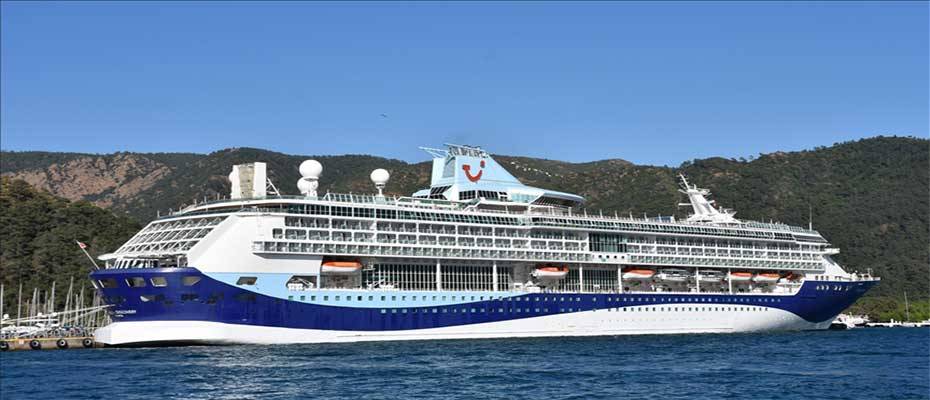 Read the News
Read the News

Marella Cruises reveals headline acts for 30th Birthday sailings in May 2026
Live performances and celebrity Q&A sessions will mark three decades of Marella Cruises with celebratory voyages across the fleet
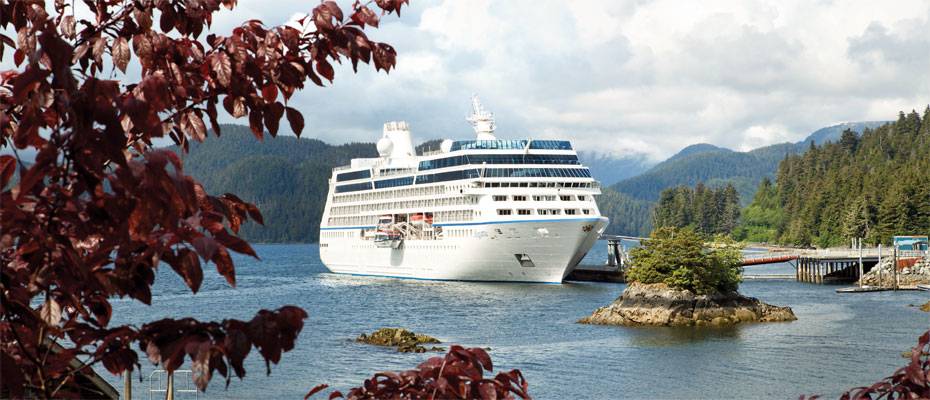 Read the News
Read the News

Oceania Cruises marks America’s 250th anniversary with distinctive Alaska and New England voyages
Luxury cruise line unveils 19 journeys in 2026 combining heritage, landscapes and destination-focused culinary experiences
 Read the News
Read the News

Condor launches daily Frankfurt–Cairo service from May 2026
New route strengthens Condor’s international network and expands access to a key market in North Africa



